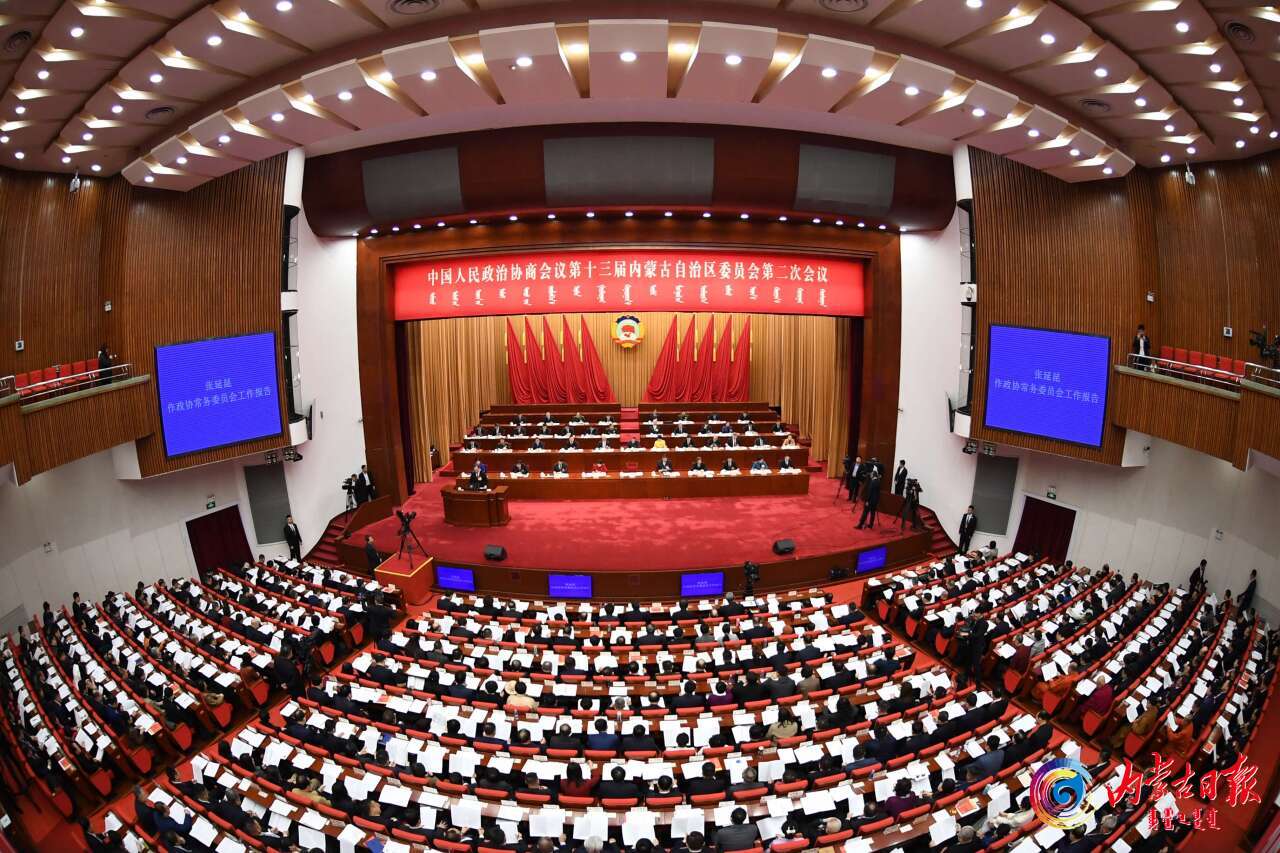Inner Mongolia issues anti-domestic violence regulation
North China's Inner Mongolia autonomous region released a regulation on anti-domestic violence on April 1, according to local officials.
Adopted at the 19th meeting of the standing committee of the 13th People's Congress of Inner Mongolia Autonomous Region, the regulation aims to protect people suffering from domestic violence in an all-round way and it will take effect on May 1.
There are 40 articles in the regulation, which mainly cover the following:
1. Improve the domestic violence reporting mechanism
The regulation stipulates that staff of schools, kindergartens, medical institutions, residential community committees, village committees, social work service agencies, rescue management agencies and welfare agencies should report to public security organs and provide necessary assistance when they find persons have suffered or are suspected to have suffered domestic violence.
The mechanism targets helping persons unable to exercise their civil rights, those with limited capacity to exercise them or those unable to report a case due to age, disability, serious illness, coercion and intimidation.
2. Complement the warning mechanism
The regulation supplements and improves the scope of application of domestic violence warning letters and clarifies responsibilities of the public security organs in serving and delivering warning letters, regular home visits and handling of violations of a warning.
3. Widen the scope of the personal safety protection mechanism
The regulation stipulates that the respondent is prohibited from engaging in activities that may affect the applicant's life, study and work in the applicant's residence, school, work unit or other places where the applicant frequently enters and exits.
The respondent is prohibited from gathering information of applicant and his or her minor children, which includes household registration, student registration, income sources and other related information.
4. Refine the temporary asylum mechanism
The regulation clarifies temporary shelters for domestic violence victims, including those operated by urban and rural community service agencies.
5. Clarify the responsibilities of women's and children's work institutions
Their responsibilities include organizing a joint meeting to study major issues in anti-domestic violence, coordinating, guiding and urging relevant departments to perform their duties in accordance with the law, as well as promoting multi-agency cooperation in anti-domestic violence.
6. Guarantee funding for anti-domestic violence work
The regulation stipulates that people's governments at or above the county level shall incorporate anti-domestic violence work into their economic and social development plans -- and the required funds shall be included in the fiscal budget at the same level.
7. Establish community grid management mechanism
The regulation requires government service departments to carry out publicity and education on anti-domestic violence legal measures that are in place for ordinary people. They aim to identify key prevention targets and investigate and resolve family disputes promptly.
8. Establish a first-responsibility mechanism
This regulation stipulates that the unit that first receives a domestic complaint, or request for help, should take measures such as dissuasion and deterrence and deal with it in a timely manner together with other related domestic violence working units.
9. Establish a court follow-up mechanism
The regulation stipulates that the people's court issuing a personal safety protection order shall follow up and review the case within the period of the order.
10. Establish a joint disciplinary system for dishonesty
The regulation stipulates that those who commit domestic violence and are punished by public security -- or who violate personal safety protection orders -- shall be incorporated into the social credit information platform, in accordance with the law and be punished for breach of trust.



 Print
Print Mail
Mail





